The draft Law on Artificial Intelligence, drafted by the Ministry of Science and Technology , is expected to be submitted to the National Assembly for comments at the 10th session in October 2025.
At the workshop on providing comments to complete the draft Law on Artificial Intelligence (AI) on the afternoon of October 15 in Hanoi, Mr. Tran Van Khai - Deputy Chairman of the Committee for Science, Technology and Environment affirmed that AI has been identified as a national priority technology, playing a key role in digital transformation and enhancing competitiveness. Resolution No. 57 of the Politburo also set the goal of bringing Vietnam into the group of leading countries in the region in AI research and development.
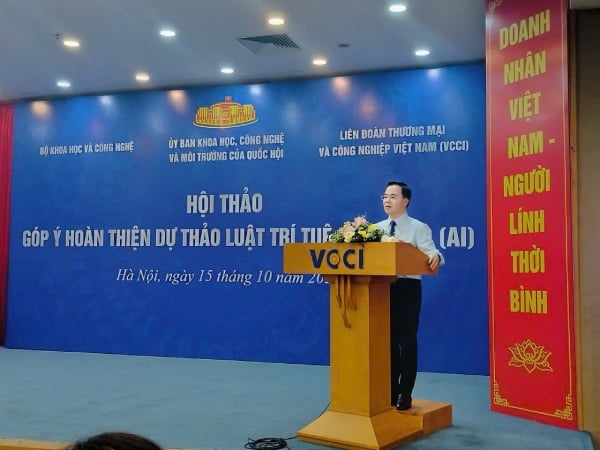
Mr. Dau Anh Tuan - Deputy General Secretary of the Vietnam Federation of Commerce and Industry (VCCI) said that the world is witnessing a strong transformation under the impact of technology. In which, AI plays a key role, not only similar to electricity in the industrial revolution, but AI is becoming a core element in management, in the development strategy of countries, businesses or global organizations.
The National Assembly and the Government's development of the Law on Artificial Intelligence is an important step, demonstrating the mindset of institutional creation, embracing technological trends and opening space for innovation.
"It can be said that this is the first law in Vietnam that lays the legal foundation for the entire AI ecosystem, from development, application to risk management and protection of people's rights," Mr. Tuan emphasized.
However, the Deputy Chairman of the Committee on Science, Technology and Environment emphasized that the rapid development of AI poses many legal, ethical and safety challenges.
“This draft law must determine the appropriate balance between management and promoting development. The management contents and prohibitions must be truly clear and reasonable,” Mr. Khai said.
The workshop focused on in-depth discussions on major policy groups such as AI development principles, prohibited behaviors, testing mechanisms (sandboxes), and issues of managing generative AI.
From the perspective of technology enterprises, Ms. Tran Vu Ha Minh - Chief Advisor on Responsible Artificial Intelligence at FPT Software believes that Vietnam is in the golden stage to shape an AI ecosystem with high standards right from the start. Citing data from AWS, Ms. Minh said that by 2024, up to 47,000 Vietnamese enterprises will start applying AI, equivalent to more than 5 enterprises per hour.
“When businesses first use AI, they often start with chatbots. The government should soon issue guidelines on how to deploy these basic AI tools in a way that complies with transparency and data protection requirements,” Ms. Minh suggested.
To support businesses, Ms. Minh suggested that the State take the lead in issuing specific implementation guidelines, establishing a testing sandbox, and possibly refer to successful models such as Singapore's AI Verify testing framework. In addition, training and raising awareness of AI ethics and risks for the business community, from basic to advanced levels, is extremely necessary.
Representing the business community, Mr. Dau Anh Tuan - Deputy Secretary General of VCCI, highly appreciated the spirit of learning and innovation of the draft law. He compared AI to "electricity in the industrial revolution", a core element in the development strategies of countries and businesses.
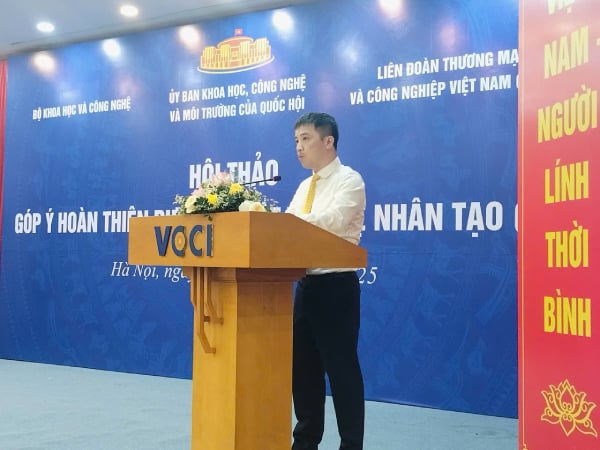
To make the law truly a driving force, Mr. Tuan proposed four important points. First, ensure flexibility because AI is a field that changes very quickly. Legislation must be accompanied by a flexible update, testing and feedback mechanism, avoiding overly rigid regulations that can hinder creativity.
Second, reduce administrative barriers. It is necessary to simplify registration and announcement procedures for businesses, especially startups. The implementation of a one-stop electronic information portal is a bright spot, but it needs to be accompanied by a simple, transparent process that truly serves businesses.
Third, invest heavily in infrastructure. Data and computing power are the “vital fuel” of AI. Vietnam needs to invest seriously in this field to avoid dependence on outsiders.
Fourth, clearly define legal responsibilities. It is necessary to clarify the insurance mechanism and allocate risks in the AI value chain in a reasonable and feasible manner.
Mr. Tuan also emphasized that Vietnam needs to learn from international experience but must choose the right path. Accordingly, it needs to be quick but not reckless, encourage creativity but not abandon responsibility.
Source: https://doanhnghiepvn.vn/kinh-te/gop-y-luat-tri-tue-nhan-tao-khong-nen-quy-dinh-cung-nhac-gay-kho-cho-su-sang-tao/20251015040943941






![[Photo] Nhan Dan Newspaper launches “Fatherland in the Heart: The Concert Film”](https://vphoto.vietnam.vn/thumb/1200x675/vietnam/resource/IMAGE/2025/10/16/1760622132545_thiet-ke-chua-co-ten-36-png.webp)

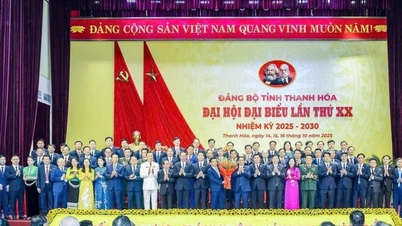






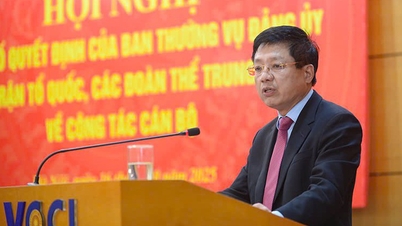









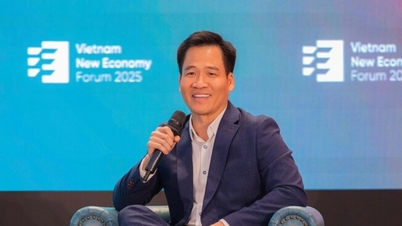




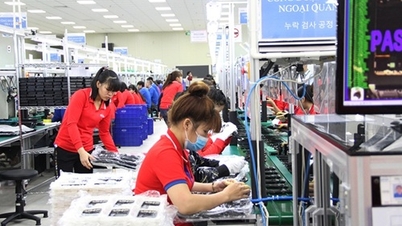


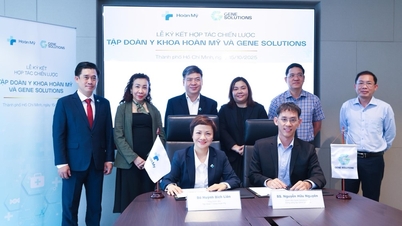
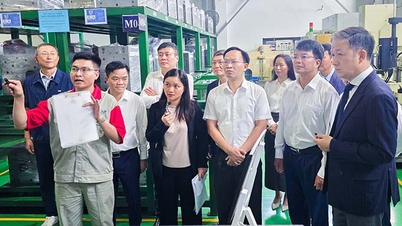

![[Photo] General Secretary To Lam attends the 18th Hanoi Party Congress, term 2025-2030](https://vphoto.vietnam.vn/thumb/1200x675/vietnam/resource/IMAGE/2025/10/16/1760581023342_cover-0367-jpg.webp)



















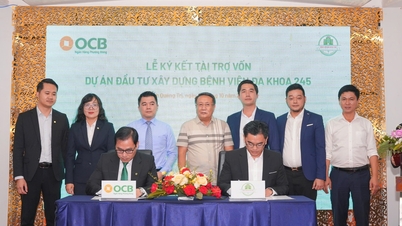
















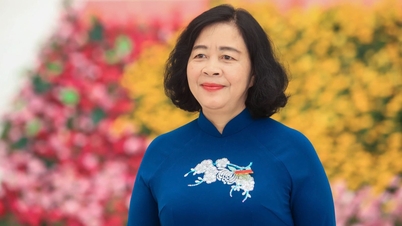



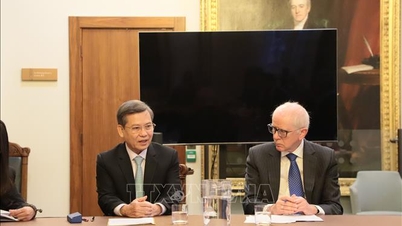
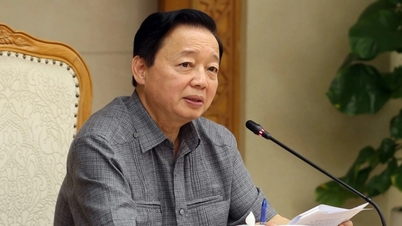
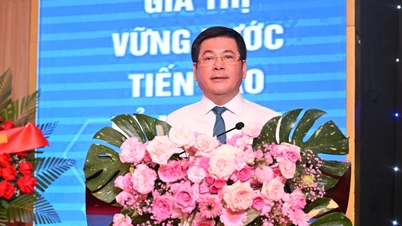

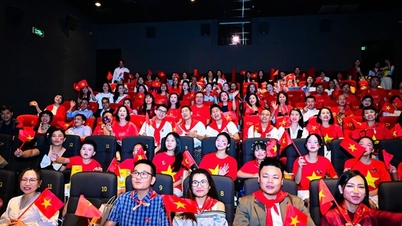

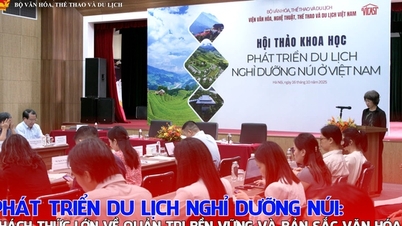
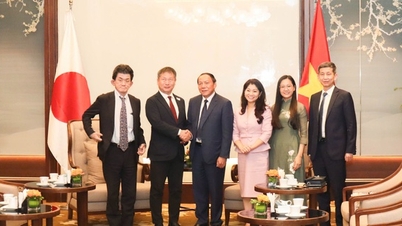
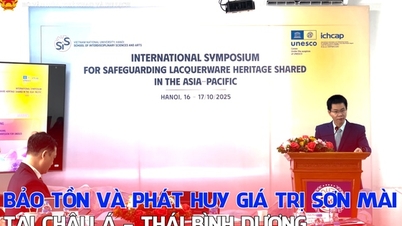
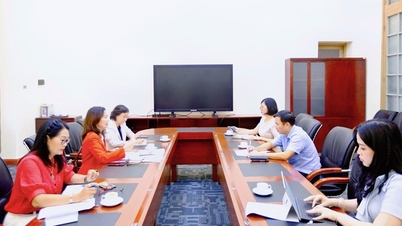







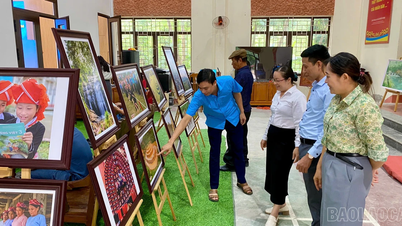

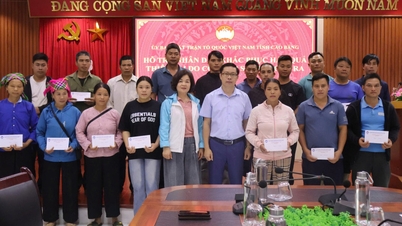
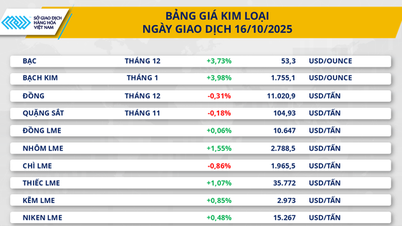

















Comment (0)